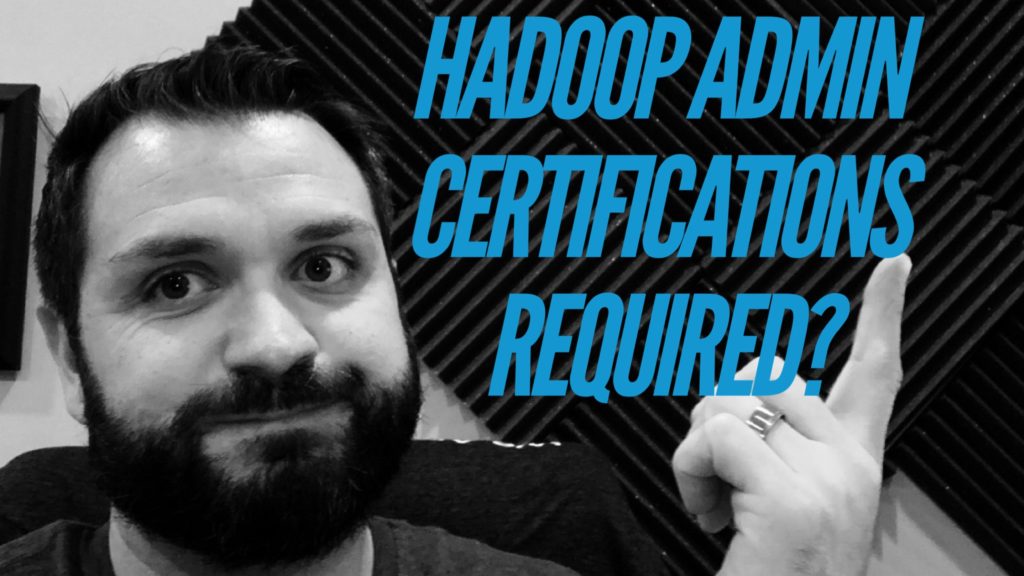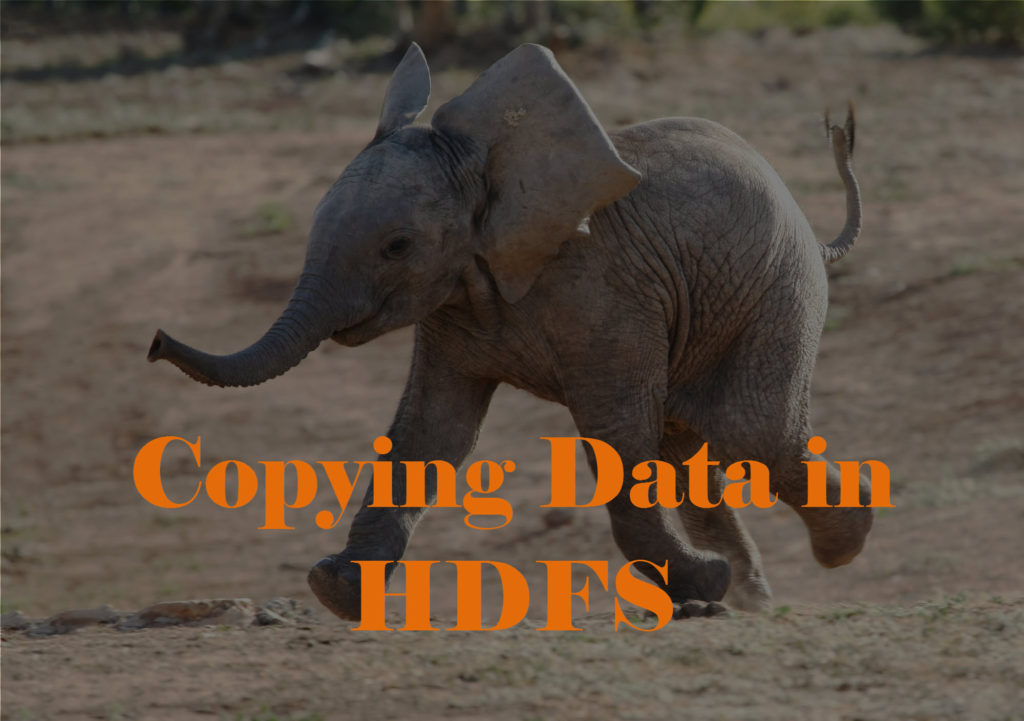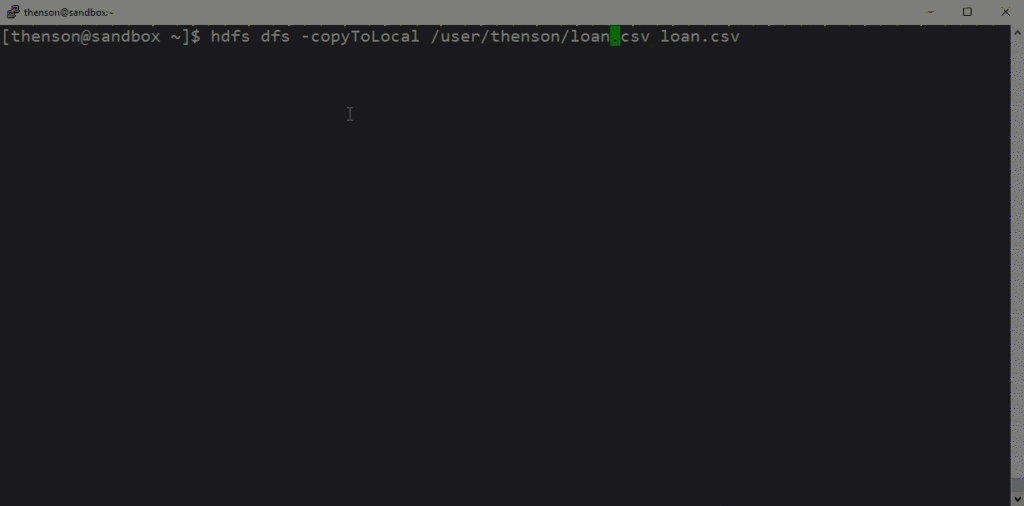
Hadoop Certifications
Data Engineers looking to grow their careers are constantly learning and add new skills. What kind of impact do Hadoop Certifications have during the hiring process?
Data Engineers, Developers, and IT in general are known for their abundance of certifications. Everyone has an opinion as well about how much those certifications mean to real skills. On this episode of Big Data Big Questions find out what my thoughts are for Hadoop Admin Certifications and if Enterprises are requiring those for Data Engineers.
Transcript – Certifications Required For Hadoop Administrators
It’s the Big Data Big Questions show! Hi folks, Thomas Henson here with thomashenson.com. Today is another episode of… Come on, I just said it. Big Data Big Questions. Today’s question comes in from a user here on YouTube. If you have a question, make sure you put it in the comments section here below or reach out to me on thomashenson/big-questions. I’ll do my best to answer your questions here, live on one of our shows, or in one of our live YouTube sessions that we’re starting to do on Saturday mornings. Throw those questions in there. Let me know how are doing with this channel, and also if you have any questions around data engineering, machine learning. I’ll even take some of those data science questions, as well. Today’s question comes in around certifications in the Hadoop ecosystem. Are certifications required for Hadoop administrators/Hadoop developers? Absolutely, positively not. They’re not required, right?
Now, there may be some places where they’ll require you to. I did see that back in my day, in software engineering, but in general, they’re not going to be, not going to require you to have that before gaining entry. Now, they might be nice to have. Especially if you’re talking about going into an established team or an established group within your organization that, hey! We’re on the Horton Works stack, and we like to have everybody up to par from a certification perspective.
I haven’t seen that a lot specifically in the data engineering field, but it is something I’ve seen over the years in software engineering, but just not as much here lately. Now, does that mean that I’m saying that you shouldn’t go get a certification? That’s not what I’m saying at all. Especially if you’re learning and trying to get into the Hadoop ecosystem, and you’re like, hey, where do I really start?
First, you start with Big Data Big Questions.
Really, I can use the certifications. Whether it be from Azure, AWS, Cloudera, Horton Works, or Google GCP, Google’s Cloud Platform, you can take any of their certifications and really see, and build out your own learning path. That’s an opportunity there. Even if you’re not going to go down the path of trying to get that certification, if you’re trying to gain information and learn some of the things that you need to know as a good data engineer, whether it be on the developer side, whether it be on the administrative side, that’s definitely where I would start. That’s an opportunity there.
When we look at the question, it poses more of a philosophical question, if we will, in the data engineering and IT world, meaning how do we feel about IT certifications? I’ve answered this question. I had myself and Aaron Banks [Phonetic 00:02:31]. We were talking about specifically around IT certifications, and are they worth it, and we have a full-length video where we really dip into it. I’ll give you a little bit of a preview of my thought process around it.
The way that I look at certifications is, if you’re looking to be able to prove out, especially if you’re outside of a field, then hey, getting a certification might benefit you to make yourself more desirable to getting your application and getting your brand in there. Having a certification does lend some credence in those situations. However, if you’re established in the role, and you’ve been doing data engineering, and you have a lot of experience in it, necessarily you’re not going to really need to have that certification. You’ve been proven. You’ve down the due diligence of being in that role, and you’re applying for a role as a data engineer. You don’t necessarily have to go through that certification process.
Like I said, I really think that certifications are really good. Whenever we’re talking about, hey, maybe I don’t have that experience in that role, and I want to prove to you that, hey, I’m coming from, maybe you’re a web developer like I was. You’re a web developer, and you’re like, “Man. I’d really like to get into this,” Hadoop and this data engineering side of things. Where can I start, or how can I really identify myself to be somebody who wants to take on that next role? That’s where a certification is really going to help. You can get that certification. You can walk through it, but, you’re not going to walk in though, and say, “Hey, I’ve got the certification,” and you, Mr. Data Engineer, Miss Data Engineer, that’s been in that role for six years, “I know more than you do, because I have the certification.” That’s not really the case, and that’s probably not what you want to do, especially if you’re new to an organization.
Be honest, and be gentle in your interview process if you have a certification, but you don’t have the experience, and just say, “Hey, you know, I’m really passionate about it.” I’ve been following Big Data Big Questions for some time, and I thought that it’d be good to get into the data engineering field. To show how serious I am, I actually went through and got, walked through some of the certification process in there, too. Just an opportunity there for you to stand out from the crowd and show your experience, when you don’t really have experience. Let me know how you feel about this question and this answer here. Put it in the comment section below. Love to hear feedback. Also, if you have any questions, make sure you put them in the comments section here below, and never, never forget to subscribe and ring that bell, so that you’ll never miss an episode. Thanks again, and I’ll see you on the next episode of Big Data Big Questions.


